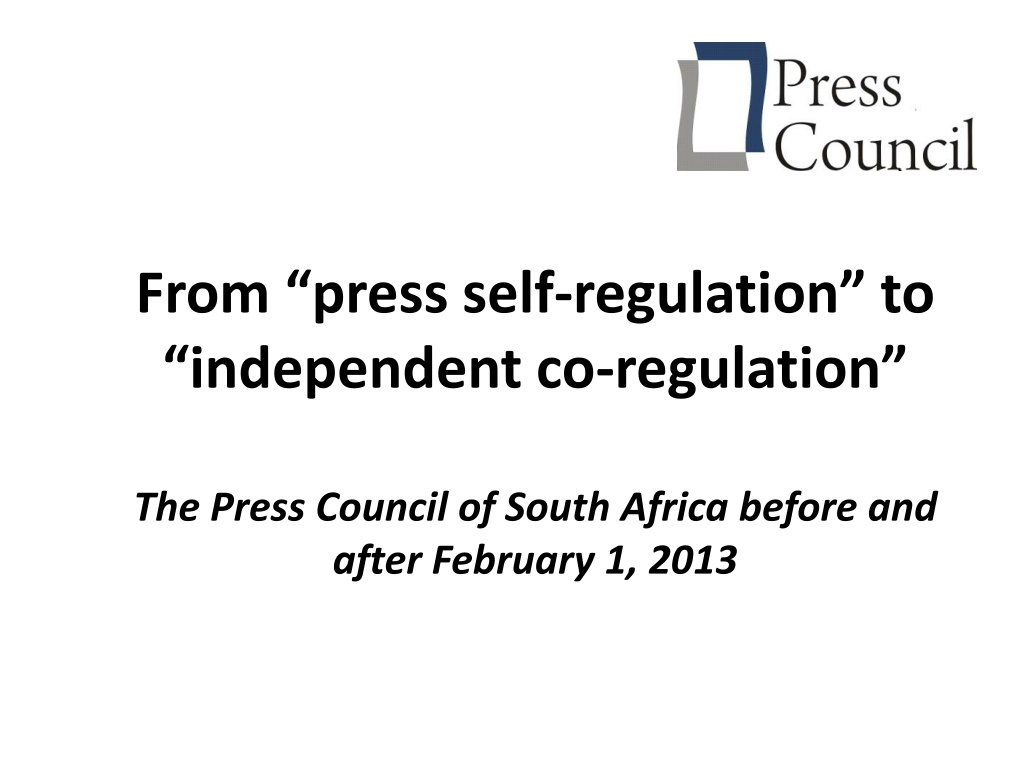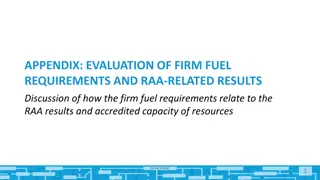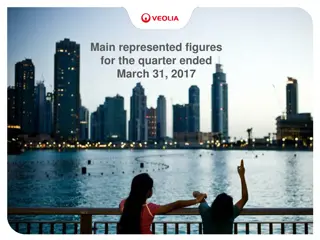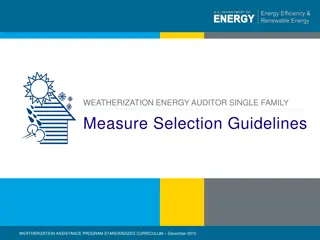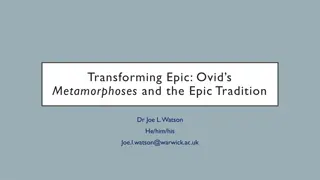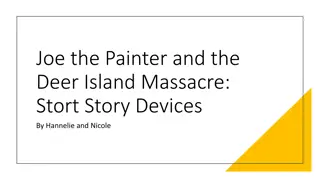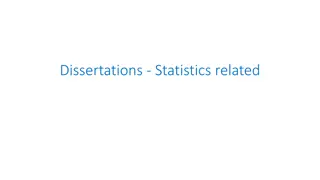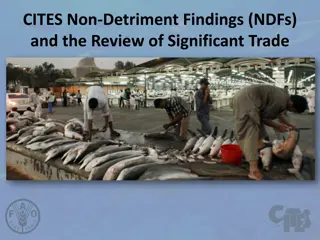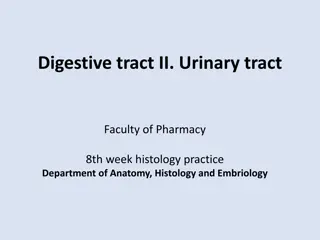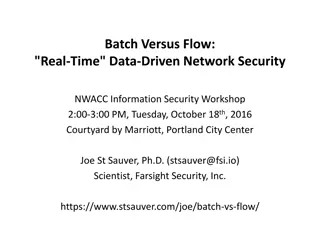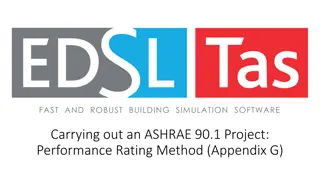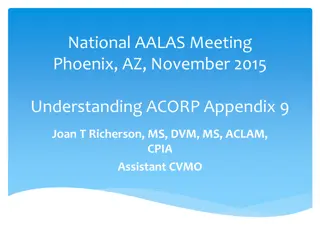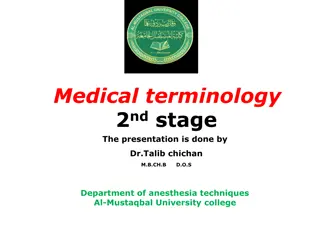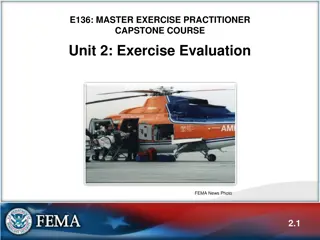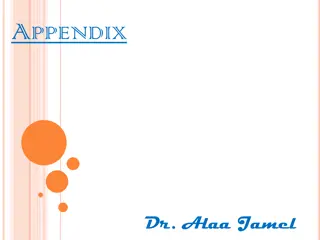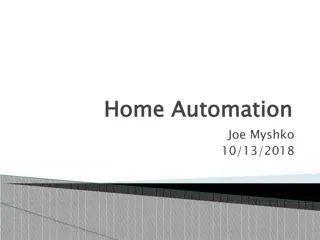Evolution of Press Regulation in South Africa
The Press Council of South Africa transitioned from self-regulation to independent co-regulation, reflecting changes in council composition, office personnel, and complaints procedures. The establishment of an independent system marked a significant shift in the media landscape, with a focus on ensuring transparency, accountability, and fairness in handling complaints and upholding press freedom.
Download Presentation

Please find below an Image/Link to download the presentation.
The content on the website is provided AS IS for your information and personal use only. It may not be sold, licensed, or shared on other websites without obtaining consent from the author. Download presentation by click this link. If you encounter any issues during the download, it is possible that the publisher has removed the file from their server.
E N D
Presentation Transcript
From press self-regulation to independent co-regulation The Press Council of South Africa before and after February 1, 2013
The current council is the result of work that was started by the old Press Council in August 2010. The Press Freedom Commission continued the work from July 2011 and made its recommendations for changes in April 2012. The print industry then debated the recommendations and hammered a consensus on the way forward among the associations that constitute the Press Council and Print & Digital Media Association of South Africa (PDMSA).
After Before voluntary independent co- regulatory system press self-regulation
Composition of Council Before After The Council shall consist of a retired judge and 12 individuals representing members of the public and members of the media. The Council shall consist of six members representative of the press and six members, one of them nominated alternate, representative of the public.
Office personnel Before After The Ombudsman and the Deputy Ombudsman The Director, the Ombudsman, and the Public Advocate .
Complaints procedures Before After "Complainant" shall mean and include any person who or body of persons which lodges a complaint, provided that such person or body of persons has a direct, personal interest in the matter complained of. Complainant shall mean and include any person who or body of persons which lodges a complaint and has standing to complain in terms of the Council rules
Complaints procedures Before After Settlement procedure by the Public Advocate - The Public Advocate shall forthwith endeavour with the complainant to achieve a speedy settlement with the publication Conciliation and Adjudication Procedure by the Ombudsman - The Ombudsman shall forthwith endeavour to achieve a settlement .
Complaints procedures Adjudication by the Appeals Committee Before After The Chairperson of SAPAP shall appoint one press member and one public member from the persons appointed in terms of clause 10 of the Constitution to hear the appeal with him. The Chair of Appeals shall appoint one press member and up to three public members from the Panel of Adjudicators
Complaints procedures Adjudication by the Appeals Committee After Hearings - Discussions between the Public Advocate and the complainant, on the one hand, and the publication, on the other, are private and confidential and are conducted on a without prejudice basis. Hearings - The hearings of the Adjudicating Panel and of the Appeals Panel shall be open to the public unless the identity of a rape victim or victim of a sexual offence, a child under eighteen, or a victim of extortion is at issue.
Complaints procedures Legal representation Before After Legal representation shall be discouraged Legal representation shall be permitted at hearings.
Lawyers, in particular, have a habit of equating fairness with the proceedings provided for in the Uniform Rules of Court. Were this approach to be adopted, the value of arbitration as a speedy and cost-effective process would be undermined. It is now well recognised in jurisdictions around the world that arbitrations may be conducted according to procedures determined by the parties. As such the proceedings may be adversarial or investigative, and may dispense with pleadings, with oral evidence, and even oral argument. - Judge Kate O Regan
Complaints procedures Legal representation Before After - Space fines - Monetary fines
Complaints procedures Before After Time frames - That complaints be considered and adjudicated upon within the shortest possible time after the publication of the matter giving rise to the complain. Time frames - finding must be handed down within 21 days of the hearing of the complaint
Complaints procedures Waiver Before After The undersigned, agrees to submit the complaint and any dispute arising from the complaint for adjudication to the SA Press Ombudsman subject to the SA Press Code and Complaints and Procedures of the SA Press Council. Excluded, but the Press Council will recommend to the new council to review this decision after a year of working without one.
The SA Press Code 2013 System Rewritten and tightened to no with no major changes to October 2011 version
The Press Council took into account inputs from the public and perused 100 codes from around the world - for example, 25 from Africa, 22 from Europe, and 18 from Asia.
We believe these changes will lead to better journalism in the country. The changes are aimed at supporting the guarantees of freedom of expression and of the media in the constitution while improving the means by which media misdemeanour and professional and ethical lapses are handled. Joe Thloloe, SA Press Ombudsman (2012)
